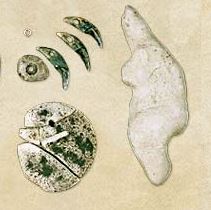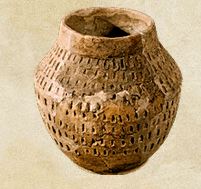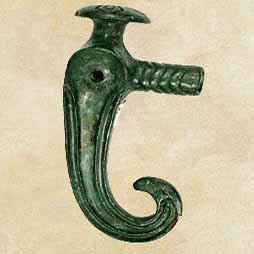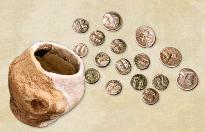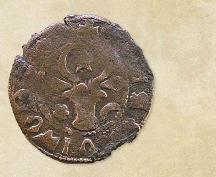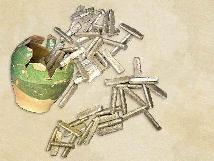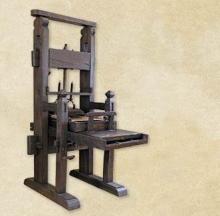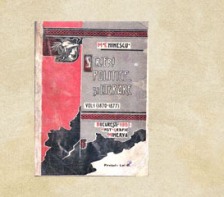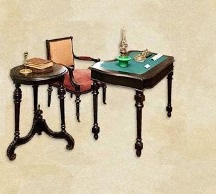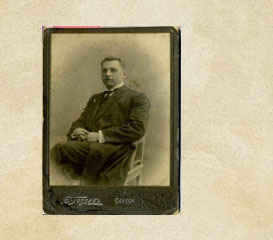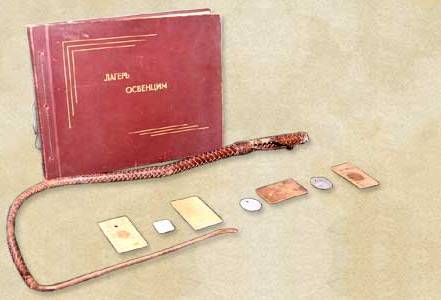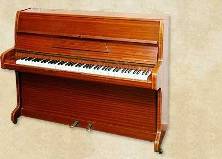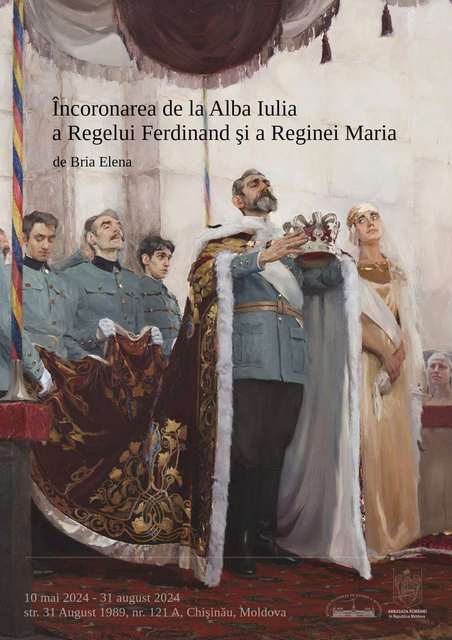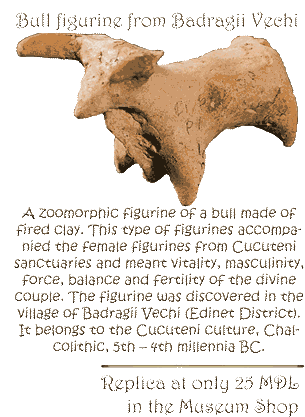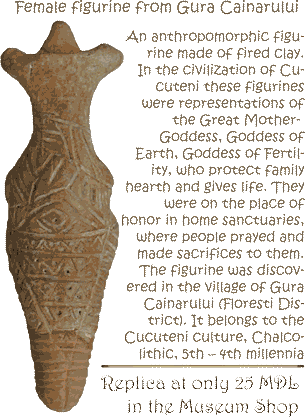  Events Archive Events Archive
Opening of the photo exhibition on the occasion of the 30th anniversary of diplomatic relations between the Slovak Republic and the Republic of Moldova and the 30th anniversary of the establishment of the Slovak Republic (1993-2023)
March 21, 2023
On March 21, 2023, in the upstairs hall of the National Museum of History of Moldova were launched the photo exhibition dedicated to the 30th anniversary of diplomatic relations between the Slovak Republic and the Republic of Moldova and the 30th anniversary of establishment of the Slovak Republic (1993-2023).
In his speech, Pavol Ivan, the Extraordinary and Plenipotentiary Ambassador of Slovakia in Chisinau, stated that the exhibition consists of 23 panels, and the first part of it presents the bilateral relations between the two countries, which have already lasted three decades and are marked by friendship, cooperation and mutual success. The diplomat emphasized that over the past 30 years, Slovakia and the Republic of Moldova have built strong relations in terms of political dialogue, economy, trade, development cooperation, cultural and academic exchange, and official and working visits have been carried out at the most high level, including between presidents, prime ministers and foreign affairs ministers. The exhibition contains unique photographs that demonstrate the strong and long-standing relationship between the two countries and presents a timeline of the history of bilateral relations, key events, official visits, development projects and other related activities. The ambassador also highlighted that the exhibition includes panels that present the success story of Slovakia over the past 30 years, marking the 30th anniversary of the establishment of the Slovak state, and that focus on the country's achievements in political development, economic and social, as well as on the Euro-Atlantic integration of the country. The exhibition is presented through photographs that illustrate Slovakia's rich history and cultural heritage, as well as the nation's journey from the split of the former Czechoslovakia to its current status as an independent and prosperous nation. The event was also attended by Vladimir Cuc, the state secretary of the Ministry of Foreign Affairs and European Integration, who highly appreciated the diplomatic relations between the two countries, which have registered a deep development in all fields in the last 30 years. The photographic exhibition on the occasion of the 30th anniversary of the diplomatic relations between the Slovak Republic and the Republic of Moldova and the 30th anniversary of Moldovei, can be visited during March 21 - April 6, 2023, in the upstairs hall of the National Museum of History of Moldova, 31 August 1989 street, 121A.
|


















